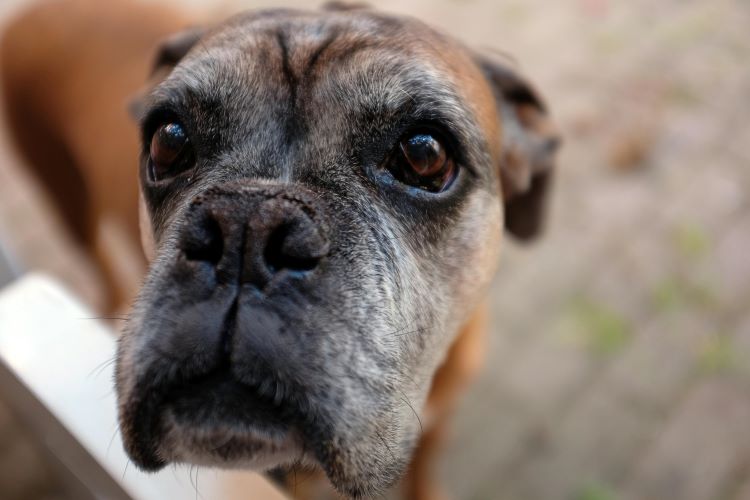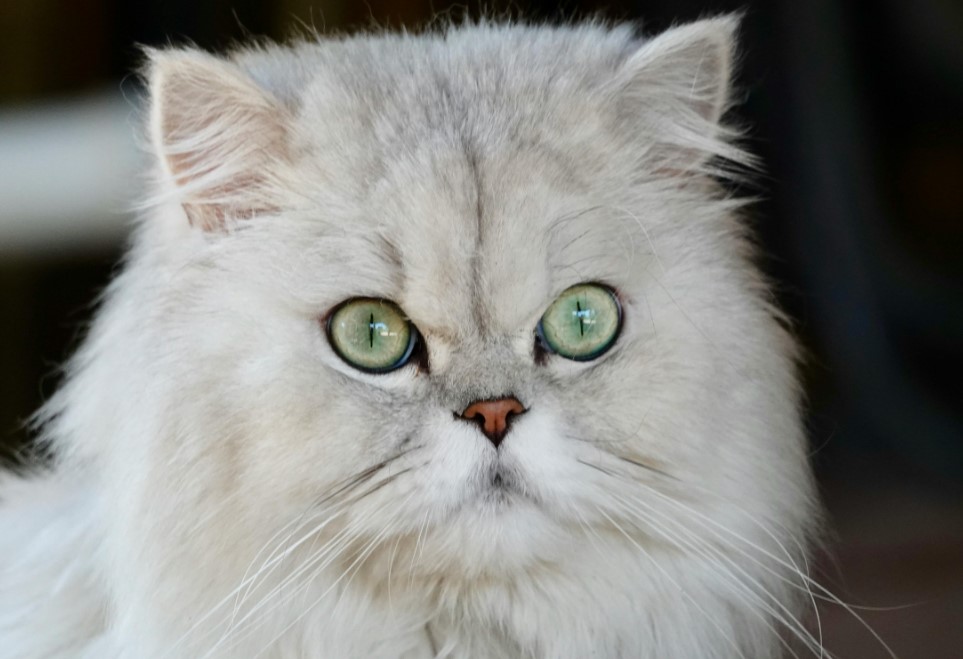Ready to help treat your pet to a healthy life?
Can Brachycephalic Dogs & Cats Get Pet Insurance?
By : Brianna Gunter | Published Jul 2, 2024

Flat-faced animals make for adorable pets — just look at Pugs and Persian cats! Though as much as we love these cuties, it’s well known that short-nosed or “brachycephalic” pets are at high risk of certain health conditions. But did you know that the right pet insurance can help?
It’s true! There’s a misconception that health insurance for pets will not cover hereditary or genetic conditions like brachycephalic issues. And while it’s true that not all pet insurance providers cover the specific health needs of brachycephalic cats and dogs, others do. Of course, the extent of coverage for these conditions can vary wildly depending on the provider and plan.
To best protect your short-nosed pal’s health, it’s important to sign up for coverage at the right time and with the right provider. And to avoid unwanted surprises, it’s also crucial to become aware of what can (and can’t) be covered under pet health insurance. Here’s what you need to know if you have a brachycephalic pet.
Health needs of brachycephalic pets
Thanks to their short noses and flat faces, brachycephalic dogs and cats have unique health needs. Their anatomy makes them prone to Brachycephalic Obstructive Airway Syndrome or BOAS, which can cause breathing difficulties, snoring, and even difficulty exercising. These pets are also susceptible to overheating and heatstroke because their facial structure makes it harder for them to cool down efficiently.
Lesser-known risks for brachycephalic breeds concern their teeth, skin, and eyes. These pets are prone to dental issues due to crowded teeth in their small jaws while eye irritation and infection can result from their prominent eyes and shallow eye sockets. And thanks to extra folds and wrinkles, these pets are also at risk of bacterial and fungal infections (including in and around the ears).
Keep in mind that none of this means your pet is guaranteed to get sick if they’re brachycephalic. Overall, proactive and preventive healthcare are key to maintaining the well-being of these unique pets. And, of course, a good pet insurance plan can also go a long way.
Common pet insurance claims
As far as pet insurance goes, some common medical claims* for brachycephalic breeds include:
- Brachycephalic Airway Syndrome (BOAS) — Annual cost for affected pets ranges from $1400 to $2900. Some breeds, like the Pug and French Bulldog, are 8 to 10 times as likely to have a pet insurance claim for this condition as the average dog.
- Dental disease — Annual cost for affected pets is between $500 and $900. Adult brachycephalic dog breeds are 2-3 times as likely to have a pet insurance claim for this condition.
- Eye issues — Conditions like Corneal Ulcer and Cherry Eye are between 2 and 6 times as likely to be claimed in brachycephalic breeds and cost between $200 and $1000 annually for affected pets.
- Otitis — Annual cost for this kind of inflammation of the canal typically falls between $100 and $200 for affected pets. Brachycephalic breeds are generally twice as likely as other breeds to claim for this.
*From Trupanion 2022-2024 claims data for the following brachycephalic breeds: Pekingese, Boxer, Pug, French Bulldog, and English Bulldog

When does pet insurance cover brachycephalic treatments?
Again, not all pet insurance providers cover brachycephalic conditions, even if they cover other genetic issues. However, Trupanion will cover brachycephalic-related illnesses, providing they are not pre-existing (we’ll talk more about this in just a moment). While this coverage can’t be used for veterinary exam fees, it can cover eligible treatments for brachycephalic conditions prescribed by a licensed veterinarian. Trupanion can also cover other hereditary and congenital conditions like hip dysplasia, thyroid disease, and much more.
Understanding pre-existing conditions
The vast majority of pet insurance providers do not cover pre-existing conditions. In other words, if your brachycephalic pet already has health issues related to its breed by the time you sign up for insurance, those conditions likely will not be covered.
So, does that mean you can get coverage if your pet has not yet been diagnosed with a brachycephalic-related condition? Not necessarily. Suppose your pet is already showing clinical signs of BOAS or another issue with their nasal structure. In that case, this is considered pre-existing and will not be eligible for insurance coverage even if it hasn’t been formally diagnosed yet. Keep in mind this is only when you do not already have an active plan at the time of diagnosis.
Does pet insurance cover BOAS surgery?
Providing your pet health insurance plan does not have BOAS ruled out as part of its regular policy or as a pre-existing condition, yes, you can get coverage. This includes surgery needed to correct your pet’s nasal and/or respiratory structure.
Before purchasing any pet insurance policy, it’s a good idea to:
- Read the fine print to understand what is and isn't covered (by reviewing your pet's medical history upfront, Trupanion makes it easy to understand what will and will not be covered from the get-go).
- Compare multiple insurance providers.
- Consult with your veterinarian for recommendations based on your pet's specific health needs.
When’s the best time to get insurance for brachycephalic pets?
Although it can be difficult to think about your pet’s health needs while they’re still young and healthy, this is actually the best time to sign up for pet insurance. Doing so as soon as possible (before pre-existing conditions start stacking up) helps ensure you can make the most of your pet’s coverage. Keep in mind that even with a good policy in place, regular veterinary check-ups are crucial to monitor and manage your pet’s health.
If your pet has already been diagnosed with brachycephalic conditions or is showing clinical signs, the good news is that getting pet insurance may still be a valuable choice. After all, flat-faced dogs and cats are at risk of a wide range of health conditions beyond brachycephalic ones, just like other breeds. And like all pet owners, you also can’t predict when or where an accident or emergency situation will happen.
Get a free quote today to learn more about how Trupanion can protect your pet.
